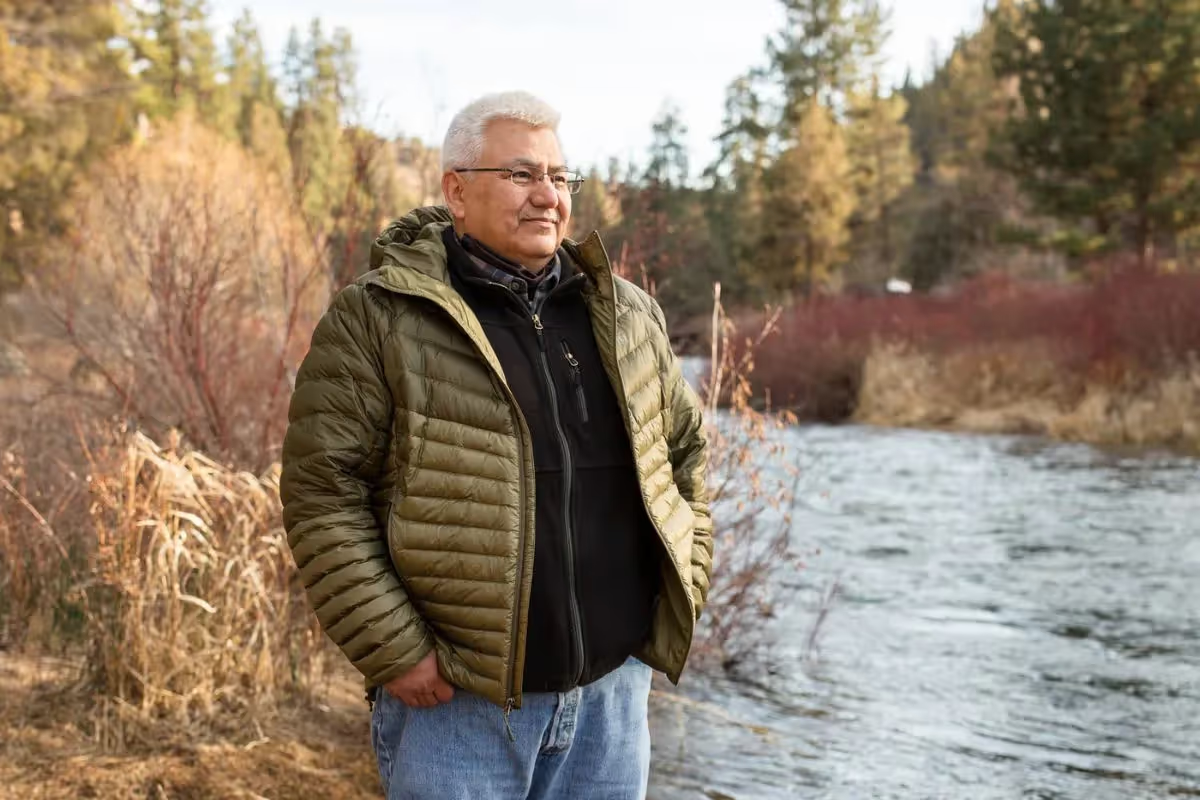Bend Bulletin: Protect Deschutes Basin groundwater (Guest Column)

BY ROBERT A. BRUNOE Confederated Tribes of Warm Springs
I am an enrolled member of the Confederated Tribes of Warm Springs. I come from the Wasco people. My Indian name is Shlautia. My ancestors were among the Indian signatories of the Treaty of June 25, 1855, with the Tribes of middle Oregon. We are an ancient and sovereign people that have occupied much of what is now known as the Pacific Northwest, including the State of Oregon, since time immemorial, which some refer to as the “before the before.”
Today, the United States and the state of Oregon understand that our ancient sovereignty is protected by the U.S. Constitution and is not a historical artifact. They know that we retain the right of self-determination and possess sovereign rights to co-manage the natural resources of our aboriginal lands for the benefit of our people, which include the water resources of the Deschutes Basin. In our culture, water is understood to be the first gift of the Creator and the basis of all life.
I write today because I am worried. The Deschutes Basin has a richly-deserved and proud history of collaboration and cooperation with respect to water management. We were doing place-based planning before it was a “thing,” and the basin has long been seen as a model for water resource management. Yet as the competition for water increases, I am beginning to see cracks in our collaborative spirit. I am starting to hear statements that concern me, such as that the basin has sufficient groundwater for the next century. We simply do not know enough about the basin’s groundwater resources to make such a statement.
Many challenges lie ahead, particularly with respect to the management of the basin’s groundwater resources. We need to better understand the water resources; in short, we need better science. We also need to remember that we are in this together. On behalf of the Tribes, I ask federal, state, and local leaders to re-examine our shared history, both our successes and failures, and commit to developing and implementing an integrated water policy for the entire Deschutes Basin. This is something that has been envisioned by state law, but that we have not yet been able to achieve.
I have devoted more than 30 years of my professional life to co-managing the water resources of the Deschutes Basin. During that time, this truth has held fast: none of us will succeed unless we all succeed. By that I mean, no one can durably solve their own water issues in a vacuum because we share the basin’s water resources. We must work together.
Not only have we been here since “before the before,” but we will also be here “after the after.” Our teachings require us to plan accordingly; looking not just to the next few decades, but to the next seven generations. A holistic water policy will give the Tribes a chance to fulfill our sacred duty to future generations of our people, and to protect and honor the Creator’s first gift, at the same time that it benefits our basin neighbors.

